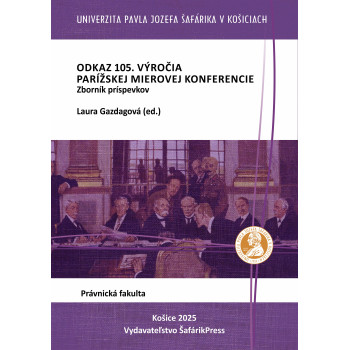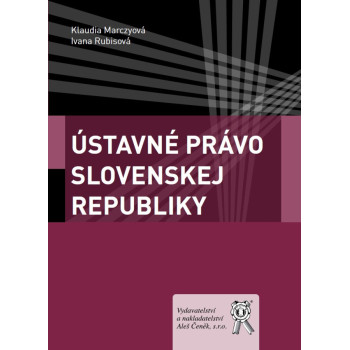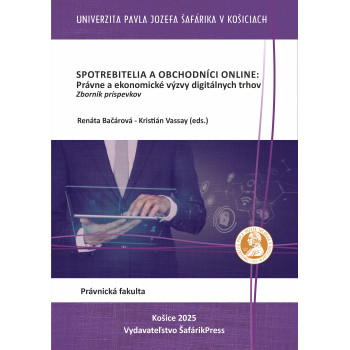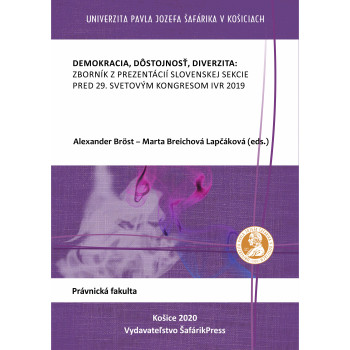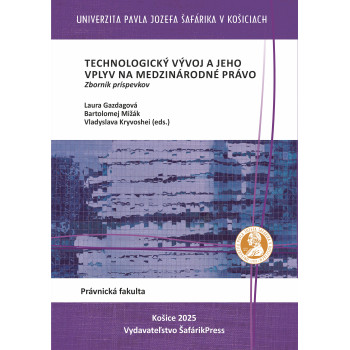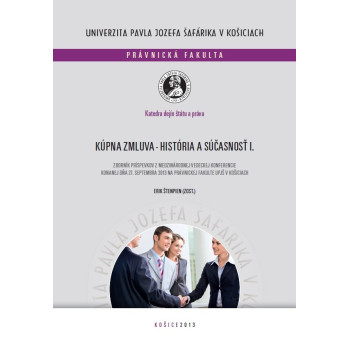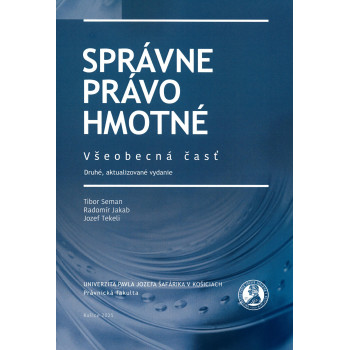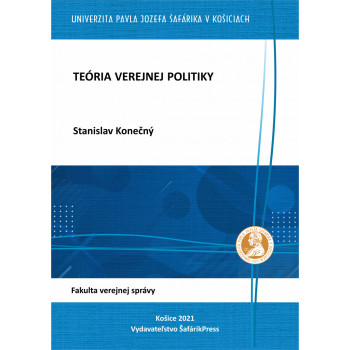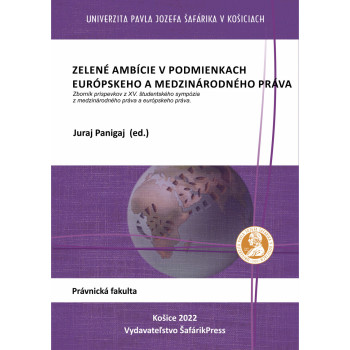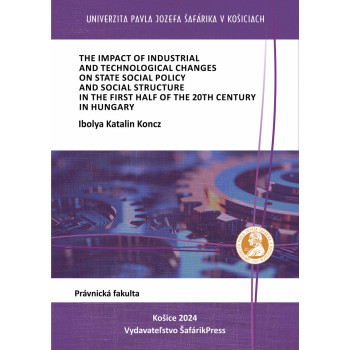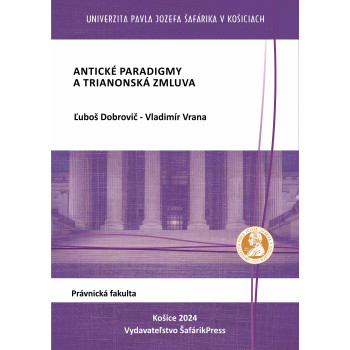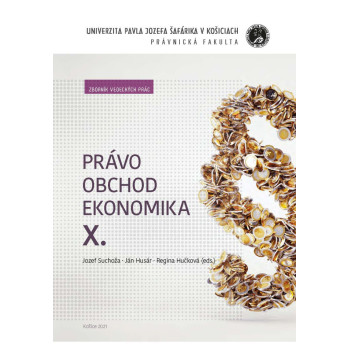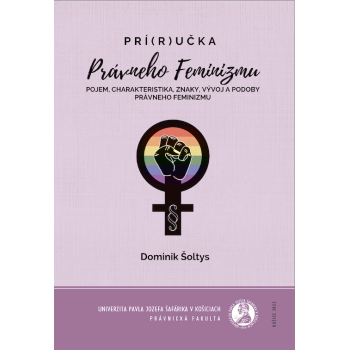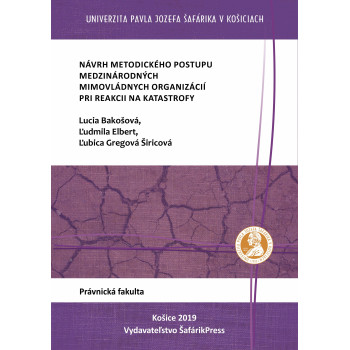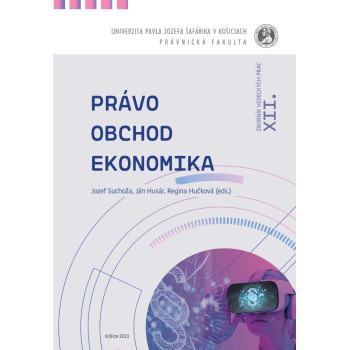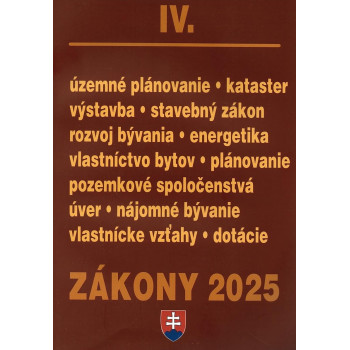
ODKAZ 105. VÝROČIA PARÍŽSKEJ MIEROVEJ KONFERENCIE
E-book
Laura Gazdagová (ed.)
The topic that the students focused on in The proceedings of the XVIIIth edition of the Student Symposium on International and European Law held on November 15, 2024 was centered around the legacy of the 105th anniversary of the Paris Peace Conference. The proceedings, which contain the students' contributions, reflect the pivotal role of this conference in shaping post-war geopolitical stability and redefining relations between states. The expert analyses included in the proceedings focus on the conditions that were intended to ensure lasting peace, yet also created controversial aspects that led to disputes and laid the foundation for future tensions. The students also addressed the impact of the conference's decisions on political and social structures that significantly influenced global development in the 20th century. In addition to the declared outcomes, the students also expressed, in written form within the proceedings, the need to strengthen international cooperation and establish institutions for the prevention of military conflicts, a need that remains relevant today, as these decisions continue to shape the dynamics of contemporary international relations.



